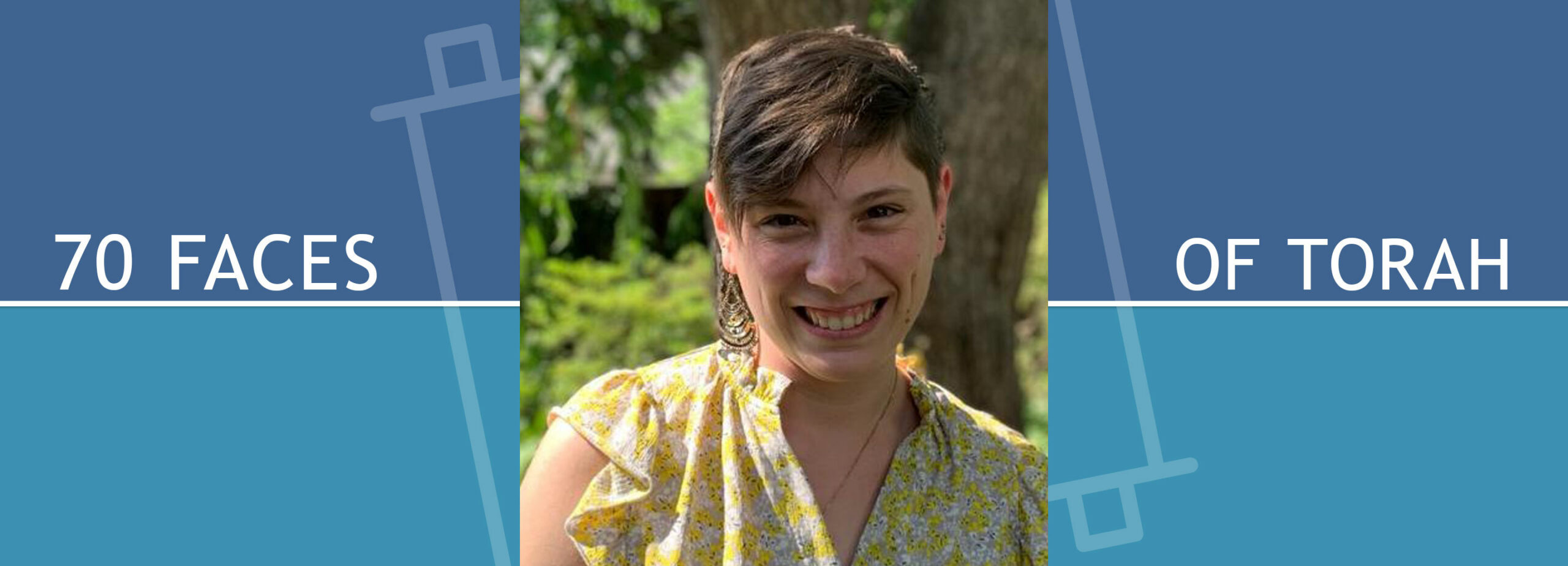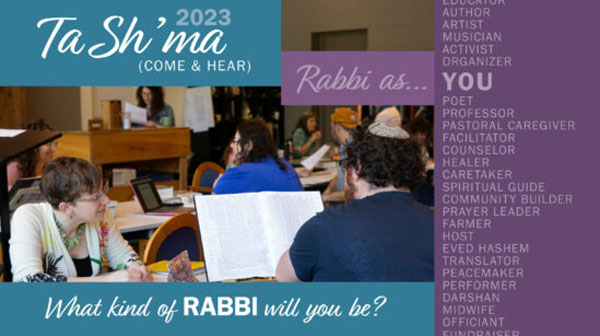Jewish learning The Gift of Darkness

Parashat Ha’azinu (Deuteronomy 32:1-52)
In his final reminder to the Israelites about their covenant with God, Moshe, embodying the voice of God, says the following:
See, then, that I, I am the One;
There is no god beside Me.
I deal death and give life;
I wounded and I will heal:
None can deliver from My hand.
How does Moshe have so much trust, confidence, and acceptance of God that he can face the people and affirm God’s role as Giver and Taker of Life, while his own life hangs in the balance? The Promised Land is in sight, his last moments are numbered, and yet Moshe finds the words to say, in the voice of God, “None can deliver from My hand”!?¹
Reading this pasuk (verse), I was unnerved by Moshe’s seeming nonchalance in the face of death; he delivers this line in the context of a longer warning to the Israelites, without so much as a pause between discussing God’s disdain for idol worship and God’s ability to determine people’s lifespans. Although I am a person who can be found regularly discussing mortality over matza balls at dinner, who literally has a mortality-reminder app² on my phone, and who relishes the opportunity to advocate for advance care directives, I still couldn’t fathom how Moshe could have such brazenness.
I turned to the Talmud for answers. What I found was not an answer, but a depiction of Moshe that was completely different from my own vision³:
Rabbi Shimon said: … Until [the point of Moshe’s Death], the Holy One, Blessed be God, dictated and Moshe repeated after God and wrote the text. From this point forward, the Holy One, Blessed be God, dictated and Moshe wrote with tears.
According to Rabbi Shimon, Moshe is not stoic and confident in his last moments. He is an emotional, raw human being! Moshe did not pretend to be at peace with dying. He did not numb himself to reality. He sobbed. He let his tears flow.
Perhaps because I was studying this parasha from my high holiday working “nest”—a tangle of machzorim, sticky notes, and high holiday kavvanot—this image of Moshe stayed with me as I entered into my yearly confrontation with the jarring words of Unetaneh Tokef:
“Who shall live and who shall die,
Who shall reach the end of his days and who shall not,
Who shall perish by water and who by fire…”
Each year, I struggle to affirm God’s power to, “decree the length of [people’s] days.” Often, the words, “who by earthquake and who by plague,” land a little too raw and I try not to think too hard about their meaning. While this works well enough, I want to be in better relationship with these words. When I have recited U’netaneh Tokef in the past, I have either completely separated myself from the words, or been stuck in what Dr. Joel Hoffman describes as a childhood-inspired, “It’s not fair!” refrain about the reward and punishment model it suggests.4 It has felt easier to get angry with the words, to insist that they’re not true, than it has been to admit that the thought of fires and floods and too-early deaths is just plain sad. It has felt easier to dismiss this prayer as too much, than to actually allow myself to shed tears over those who have been tormented, and those who inevitably will be.
Rabbi Shimon’s version of Moshe offered me a new way to engage with U’netaneh Tokef this year. In a mirror image of Moshe turning tears into words, we can turn words into tears, using the words of this prayer to sink into the grief and pain of inevitable loss rather than avoiding it.
Mary Oliver writes:5
That time
I thought I could not
go any closer to grief
without dying
I went closer,
and I did not die.
Surely God had his hand in this,
as well as friends
If we are willing to approach Unetaneh Tokef like Moshe—feeling our sorrow, and embracing our tears, perhaps this prayer can be a way to get close to grief without being consumed by it, to rehearse for loss rather than hiding from it. Perhaps it can allow us to acknowledge the harsh realities of the world, to voice our fears out loud, to lament that, “It’s not fair,” without letting our own lack of control overcome us. We may not control what will happen in the year to come, but we can allow ourselves the freedom to respond to that uncertainty with the honest emotion that it demands.
Please email the author to provide feedback.
- Deuteronomy 32:39 (JPS translation)
- The app, called “WeCroak,” is inspired by a Bhutanese folk saying: “To be a happy person, one must contemplate death five times daily.” “WeCroak” serves one purpose and one purpose only: It sends you five mortality-related quotes at random times each day, inviting you into contemplating mortality.
- https://www.sefaria.org/Bava_Batra.15a.5?lang=bi
- “How was Your Flight” by Dr. Joel M. Hoffman in “Who By Water Who by Fire” edited by Rabbi Lawrence Hoffman
- https://readalittlepoetry.com/2021/03/15/heavy-by-mary-oliver/
Heather Renetzky is a Shana Heh rabbinical student at Hebrew College. She is a firm believer in the healing power of deep listening, trees, and homemade chocolate chip cookies.
Learn more about Hebrew College’s rabbinical and cantorial programs at Ta Sh’ma (Come & Hear), our November Open Houses (in-person & virtual options).


